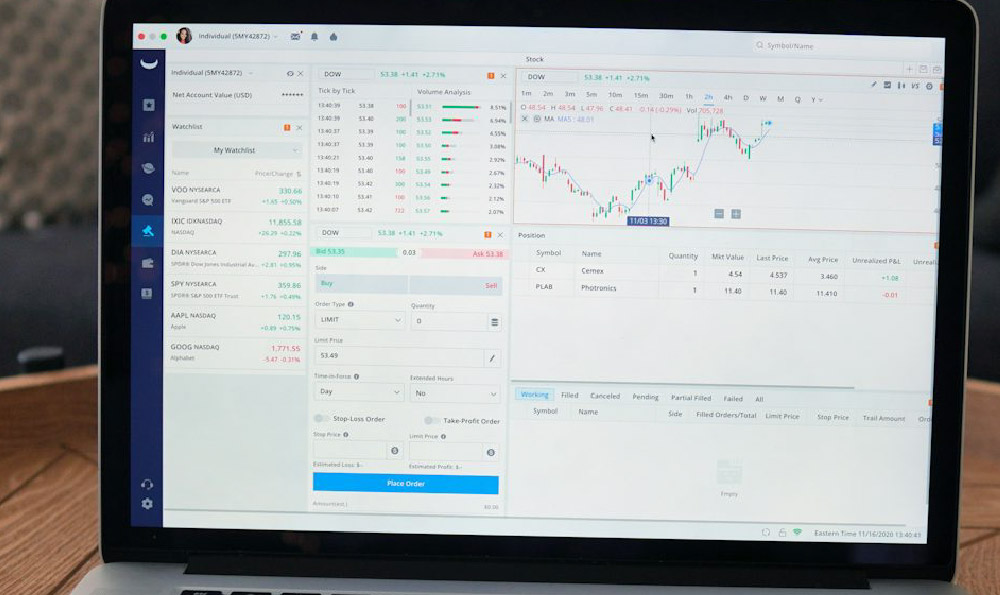Can You Collect Unemployment While Working Part-Time? What Are the Rules?
Navigating the intricate world of unemployment benefits and part-time work requires a nuanced understanding of regulations that vary significantly depending on the specific state. The core principle behind unemployment insurance is to provide temporary financial assistance to individuals who are involuntarily unemployed and actively seeking full-time work. Therefore, the eligibility for collecting unemployment benefits while working part-time hinges primarily on whether your earnings from part-time employment exceed the state's allowed threshold and whether you remain actively engaged in seeking full-time employment.
Each state establishes its own unique criteria for determining unemployment eligibility, and these criteria often revolve around factors such as the reason for job separation, the individual's earnings history, and their ongoing efforts to find new employment. When considering part-time work, the crucial element is typically the amount of income you're earning relative to the state's specific formulas for calculating partial unemployment benefits. Most states allow individuals to earn a certain amount of money without completely disqualifying them from receiving benefits. This amount is usually a percentage of their weekly benefit amount, or a specific dollar amount that's deducted from their potential benefits.
To illustrate, let's consider a hypothetical scenario. Suppose an individual receives a weekly unemployment benefit of $400 in a state where the partial unemployment rule allows them to earn up to 50% of their weekly benefit without impacting their eligibility. In this case, they could earn up to $200 from part-time work and still receive a reduced unemployment benefit. However, if their part-time earnings exceed $200, the excess amount might be deducted from their weekly benefit, potentially reducing it to zero or rendering them ineligible for that week.

Beyond the income threshold, another essential consideration is whether you are genuinely available and actively seeking full-time employment. Receiving unemployment benefits inherently implies that you are actively engaged in searching for a suitable full-time position. Taking on part-time work doesn't automatically disqualify you, but it does require you to demonstrate that your part-time job does not impede your ability to accept a full-time offer should one arise. This might involve documenting your job search activities, attending interviews, and being prepared to adjust your part-time work schedule to accommodate a new full-time role. State unemployment agencies often require claimants to maintain detailed records of their job search efforts, including dates of applications, names of employers contacted, and outcomes of interviews.
Furthermore, the circumstances surrounding your initial job separation can also play a significant role. If you voluntarily quit your full-time job, you are typically ineligible for unemployment benefits, regardless of whether you subsequently take on part-time work. The primary condition for receiving benefits is involuntary unemployment, meaning you were laid off or terminated through no fault of your own. However, there can be exceptions to this rule, such as constructive discharge (where the working conditions were so intolerable that you were essentially forced to resign) or if you had a valid reason for leaving, such as a significant change in working conditions or a relocation for a spouse's employment.
It is also crucial to consider the type of part-time work you are undertaking. If the part-time work is self-employment, it can add another layer of complexity. While some states treat self-employment income similarly to wages from a part-time job, others may scrutinize it more closely to determine whether you are genuinely unemployed and available for full-time work. The key here is to be transparent with the unemployment agency about your self-employment activities and demonstrate that you are still actively pursuing full-time opportunities.
Moreover, some states have specific programs or initiatives designed to support individuals who are transitioning back into the workforce. These programs may offer additional benefits or waivers that allow individuals to earn more from part-time work without affecting their unemployment benefits. It's worth researching whether your state offers any such programs that could be beneficial in your situation.
In conclusion, the ability to collect unemployment benefits while working part-time is highly dependent on state-specific regulations and requires careful adherence to the rules and guidelines established by the unemployment agency. Understanding your state's specific income thresholds, actively seeking full-time employment, and maintaining thorough documentation of your job search efforts are essential steps in navigating this complex landscape. It is always advisable to consult directly with your state's unemployment agency or seek legal counsel to obtain personalized guidance and ensure compliance with all applicable regulations. Remember that transparency and honesty are paramount when dealing with unemployment benefits, and failure to disclose information or misrepresenting your situation can result in penalties, repayment of benefits, and potential legal consequences.















